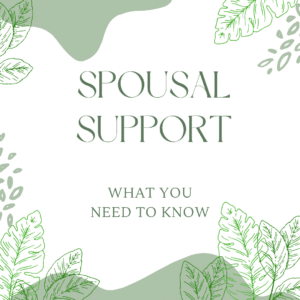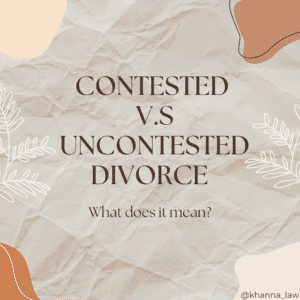U – Visa is designed to protect victims of crimes who have suffered substantial mental or physical abuse and who are willing to assist authorities in the investigation and prosecution of criminal activity
In 2000, Congress passed the Victims of Trafficking and Violence Protection Act. The purpose of this legislation was twofold: (1) to provide law enforcement agencies with assistance in investigating certain crimes, and (2) to help law enforcement serve crime victims.
The U Nonimmigrant Visa stems from this legislation and is a set-aside for victims of certain crimes who have suffered substantial mental and/or physical abuse, and who assist law enforcement in their investigation of those crimes.
Qualifying for a U-Visa: Application for a U-Visa is available when an individual is the survivor of a particular crime. U-Visa eligible crimes are listed below:
- Abduction
- Abusive sexual contact
- Being held hostage
- Blackmail
- Domestic violence
- Extortion
- False Imprisonment
- Felonious Assault
- Female genital mutilation
- Fraud in foreign labor contracting
- Incest
- Involuntary servitude
- Kidnapping
- Manslaughter
- Murder
- Obstruction of justice
- Peonage
- Perjury
- Prostitution
- Rape
- Sexual Assault
- Slave Trade
- Stalking
- Torture
- Trafficking
- Unlawful Criminal Restraint
- Witness Tampering
- Attempt or conspiracy or solicitation of any of these names crimes
In addition to being a victim of at least one of the named crimes above, an applicant for a U-Visa must also have suffered severe emotional and/or physical abuse as a result of that crime and they must have supported, or will support, the police in their investigation of that crime. As with all applications to USCIS, each element of a U-Visa must be proven and supported with evidence. Examples of evidence to consider submitting in support of a U-Visa application include: police reports, physician reports, Emergency Room records, and letters from mental health professionals.
Forms to file: To apply for a U-Visa, an applicant must submit Form I-918, Petition for U-Nonimmigrant Status, and Form I-918, Supplement B, U-Nonimmigrant Status Certification. One must work with the law enforcement agency responsible for investigating the qualifying crime and obtain a signature from a certifying official on Supplement B, prior to submitting the U-Visa application to USCIS.
Applications for qualifying family members are submitted via Form I-918, Supplement A. Qualifying family members of adult U-Visa applicants who are 21 years of age or older can be their spouse and unmarried minor children. However, qualifying family members of U-Visa applicants that are 20 years of age or younger can be their spouse, parents, and minor unmarried siblings.
The current recommendation is to submit Form I-765, Application for Employment Authorization (EAD), concurrently with an application for a U-Visa. Qualifying family members may also file EAD applications with USCIS.
After adjudication and approval: Wait times for the adjudication of a U-Visa can vary considerably. However, if your application is approved, after three years of being a valid U-Visa recipient or derivative, you may file for an adjustment of status to that of a Permanent Resident (Green Card). All of the requirements for a Permanent Resident must be met in order for that application to be approved. Travel abroad during the years between U-Visa approval and the receipt of Permanent Resident status is discouraged, as returning to the U.S. can be mired with difficulty and USCIS delays that might cause one to inadvertently become ineligible for a Green Card.
If a U-Visa recipient receives a Green Card, they may apply for Citizenship after 5 years of maintaining continuous status as a valid Green Card holder.
An experienced attorney can help you determine if you are eligible to apply for U- Nonimmigrant status, and what evidence would be supportive of your application. If you believe that you are eligible for a U-Visa, please contact our immigration attorney at Khanna Law .
At Khanna Law we successfully represent immigration, naturalization, adjustment of status clients all over Northern Virginia counties, including Fairfax, Loudoun and Prince William Counties. To schedule a consultation regarding your divorce, spousal support or custody case, call us at 703-570-4232 or email us at info@khannalaw.com.





